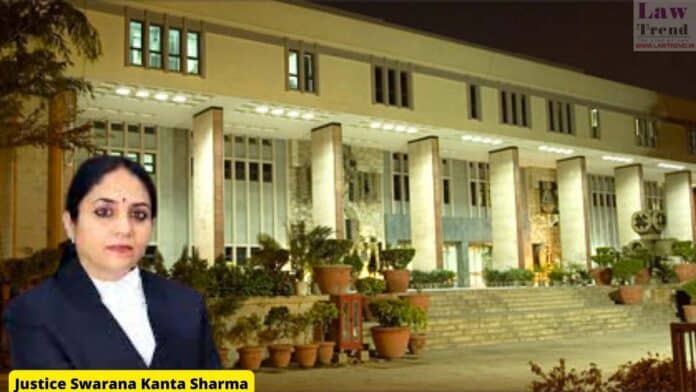In a landmark ruling, the Delhi High Court affirmed that the right to have one’s identity linked to a biological parent is a fundamental right. On September 23, 2024, Justice Swarana Kanta Sharma delivered a significant judgment in the case W.P.(C) 9430/2023: Shweta v. Central Board of Secondary Education & Anr., allowing a woman to
To Read More Please Subscribe to VIP Membership for Unlimited Access to All the Articles, Download Available Copies of Judgments/Order, Acess to Central/State Bare Acts, Advertisement Free Content, Access to More than 4000 Legal Drafts( Readymade Editable Formats of Suits, Petitions, Writs, Legal Notices, Divorce Petitions, 138 Notices, Bail Applications etc.) in Hindi and English.




